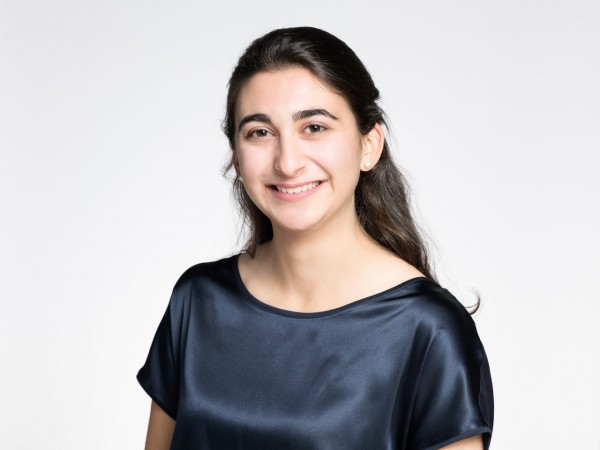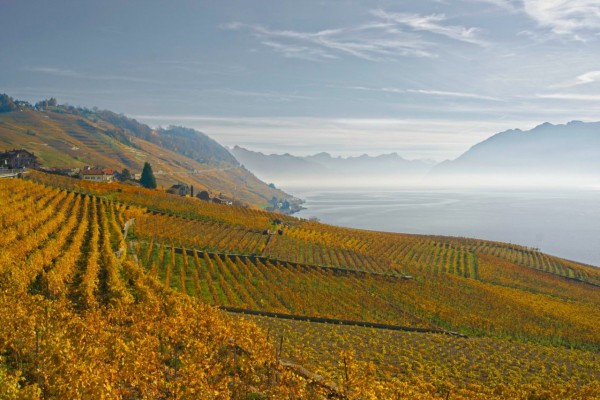Veronica Michel
Interview by Carey Sargent, EPFL, NCCR MARVEL
Have you always been interested in science?
Yes! I was very much interested in Chemistry and Physics at school. But I also liked a lot languages, so I focused on Latin at high school – because I really like the logic it relies on and it lets you all doors open for university. The Chemistry lectures I had really fascinated me though. At some point, I started thinking in terms of atoms – at a gymnasium level, you cannot compare it to university! – and this was kind of the turning point. At the end of high school, I was hesitating between studying Chemistry or Material Science. I finally went for Chemistry because I wanted to have a background in a fundamental science and apply it afterwards in the field on Material Science.
How did you hear about the INSPIRE Potentials Program?
In my Master’s program, I took a class with Nicola Spaldin entitled Solid-State Physics and Chemistry of Materials. I was really fascinated by the topic of the lecture and by Nicola’s research so I contacted her about doing a project in her group. She told me about the INSPIRE Potential Master’s Fellowship and I applied.

What was the topic of your master’s project?
We were investigating the interplay between ferroelectricity and metallicity in barium titanate. Barium titanate is an insulating oxide that is ferroelectric; this means that it has a spontaneous polarization that can be switched by an applied electric field. We wanted to make this material metallic and look at how the polarization reacts to the charge carriers. This was a great project, I really enjoyed it!

Veronica's picture of the Lavaux.
Do women face specific challenges in the sciences?
I didn’t experience myself directly any situation in my studies where I would say there was a bias and I think there has been an improvement over the last years. But I noticed that science is still a men-dominated field. Just looking at the lectures I had, only one out of five (approximately) was taught by a woman. This implies that there are not many role models, which I think are important to realize that this is a path that a woman can take. During my Master thesis I was supervised by Nicola Spaldin, a woman passionate about research and a very good scientist. This experience definitely contributed to shape my personality as female scientist.
Any advice for young girls interested in the field?
Follow your curiosity and fascination! During my studies, I realized that there are many ways of doing things and they are all unique and equally valid. I think it’s good to be aware that there are differences and that you can be proud of them, proud of what you’re doing the way you’re doing it. And this applies to science, literature, law or any field!
What are your plans for the future?
I would like to do an internship to experience the industry world. Afterwards I am considering starting a PhD in the field of Materials Science, combining computational and experimental research approaches.
